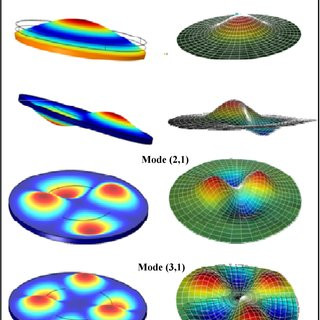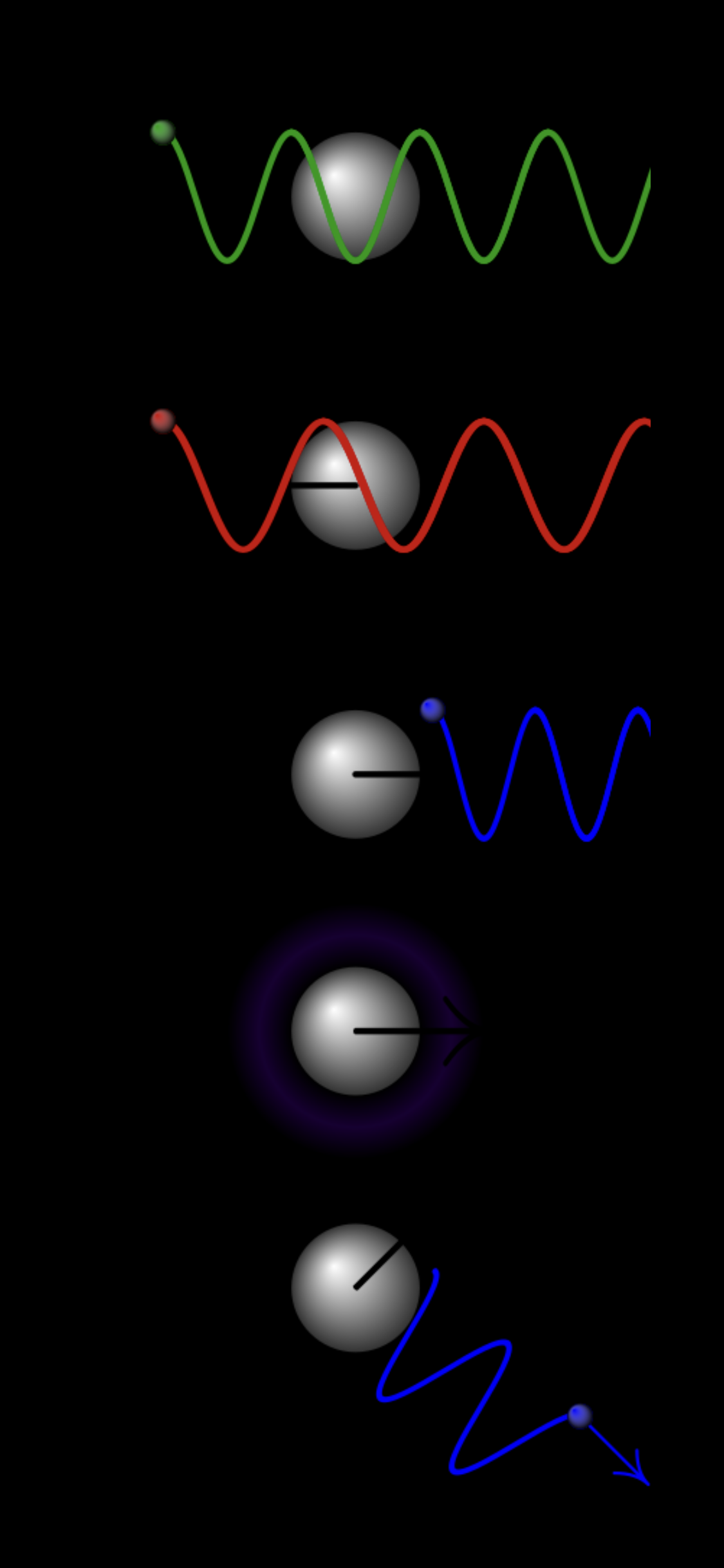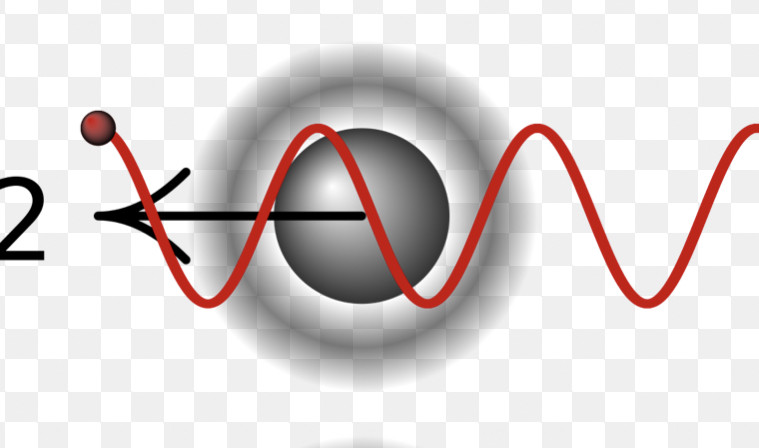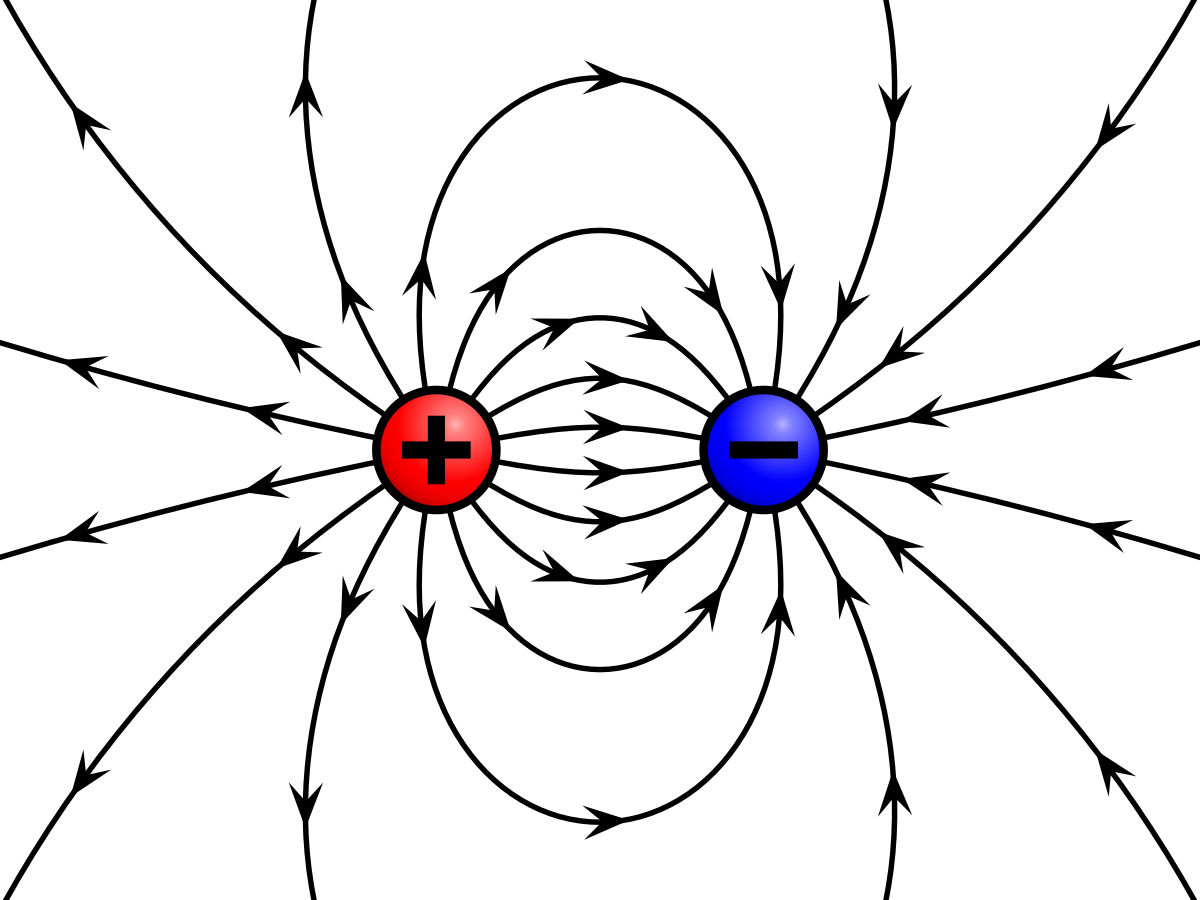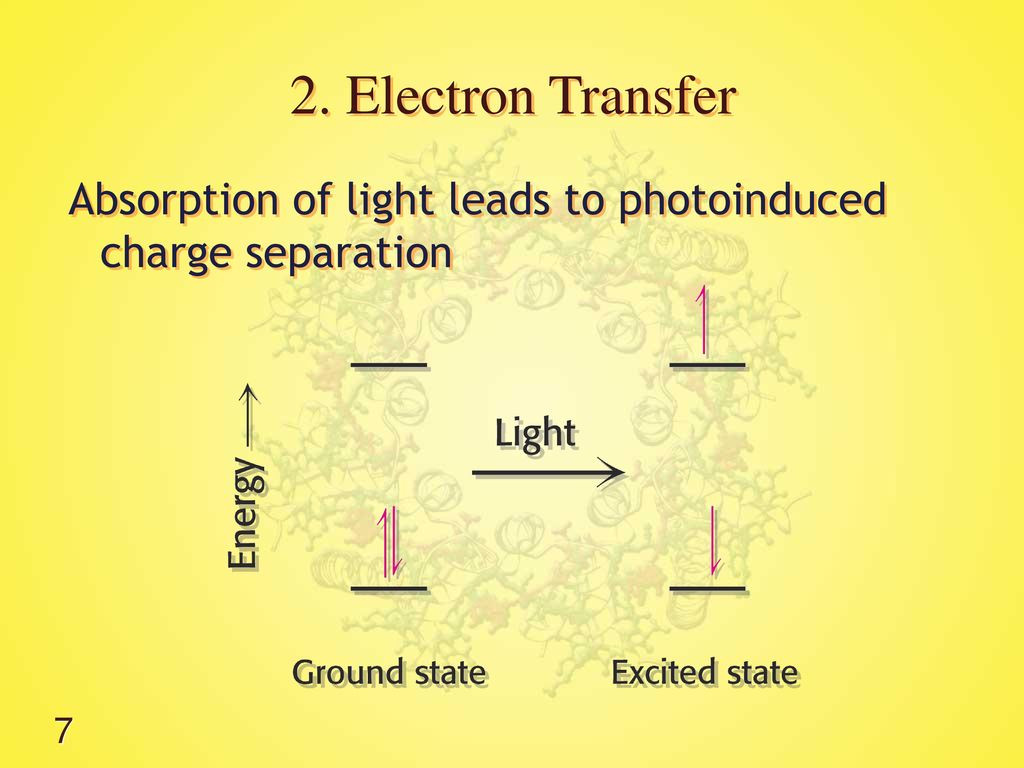Rev.14
and they sang a new song/sing/ring/golden band/re/turn/back again
ode/ad/a
Sing, Singing:/when does a bird sing/coming of the light/Rooster/Roost/Perch/Pole/ elevated position,
is used always of "praise to God,"
is/be
al/ways
be/troth/al
tau/sign/mark/Taurus/Tau/R/US
18/R/resonant (adj.)1590s, of sound, "re-echoing,"/Ringing
US/We (the people)
E/ex/enough/is/enough
adequate (adj.)/equal/level UP/As a preposition, "to a higher place"
Sign of Jonah /in the deep/dove (v.)
sometime past tense of dive
Turtle/"turtledove," a reduplicated form imitative of the bird's coo. Graceful, harmonious and affectionate to its mate, hence a term of endearment in Middle English. Turtle-dove is attested from c. 1300.
Coo/1660s, "to utter a low, plaintive, murmuring sound," echoic of doves./"to utter by cooing" is from 1798. Meaning "to converse affectionately, make love in murmuring endearments"
twi/light
https://www.youtube.com/watch?v=9EulA5VXNbs&ab_channel=SuperColie
ask (v.)
Old English ascian "ask, call for an answer; make a request," from earlier ahsian, from Proto-Germanic *answer (n.)
Old English andswaru "a response, a reply to a question," from and- "against" (from PIE root *ant- "front, forehead," with derivatives meaning "in front of, before") + -swaru "affirmation," from swerian "to swear" (see swear), suggesting an original sense of "sworn statement rebutting a charge. Meaning "solution of a problem" is from c. 1300.
sign/forehead
Mat 12:39 39 Jesus replied, “A wicked and adulterous generation demands a sign, but none will be given it except the sign of the prophet Jonah.
Jonah/ biblical prophet and subject of the Book of Jonah, from Hebrew Yonah, literally "dove,
John the Baptist Preaches/Luke 3
Luk 3:22
And the Holy Ghost descended in a bodily shape like a dove upon him, and a voice came from heaven which said, Thou art my beloved Son; in thee I am well pleased
https://www.youtube.com/watch?v=2q7hMfmVL3I&ab_channel=Heavens
From Middle English dove, douve, duve, from Old English *dūfe (“dove, pigeon”), from Proto-West Germanic *dūbā, from Proto-Germanic *dūbǭ (“dove, pigeon”), from Proto-Indo-European *dʰewbʰ- (“to whisk, smoke, be obscure”).
Cognate with Scots doo, dow, Saterland Frisian Duuwe, West Frisian do, Dutch duif, Afrikaans duif, Sranan Tongo doifi, German Taube, German Low German Duuv, Dutch Low Saxon duve, doeve, Danish due, Faroese dúgva, Icelandic dúfa, Norwegian Bokmål due, Norwegian Nynorsk due, Swedish duva, Yiddish טויב (toyb), Gothic *𐌳𐌿𐌱𐍉 (*dubō).
double
/ˈdʌb(ə)l/
Origin
Middle English: via Old French from Latin duplus (see duple). The verb is from Old French dobler, from late Latin duplare, from duplus .
Simplified principle of Doppler laser cooling:
1 A stationary atom sees the laser neither red- nor blue-shifted and does not absorb the photon.
2 An atom moving away from the laser sees it red-shifted and does not absorb the photon.
3.1 An atom moving towards the laser sees it blue-shifted and absorbs the photon, slowing the atom.
3.2 The photon excites the atom, moving an electron to a higher quantum state.
3.3 The atom re-emits a photon. As its direction is random, there is no net change in momentum over many absorption-emission cycles.
D o v e
Mat 24:31 And he shall send his angels with a great sound of a trumpet, and they shall gather together his elect from the four winds, from one end of heaven to the other.
Elect/eklektos/G1588 Chosen out/select/to gather
akin to A, No. 1, signifies "chosen out, select," e.g., Mat 22:14; Luk 23:35; Rom 16:13 (perhaps in the sense of "eminent"); Rev 17:14. In 1Pe 2:4, 9, the RV translates it "elect."
eminent (adj.)
early 15c., "standing or rising above other places; exceeding other things in quality or degree;
" from assimilated form of ex "out" (see ex-) + -minere, which is related to mons "hill" (from PIE root *men- (2) "to project"). From 1610s, of persons, "distinguished in character or attainments." Related: Eminently.chiefly (adv.)
"pre-eminently, above all, in the first place,
chiefly/from PIE root *kaput- "head"). of men/to think
Deu 28:13
And the LORD shall make thee the head, and not the tail; and thou shalt be above only, and thou shalt not be beneath; if that thou hearken unto the commandments of the LORD thy God, which I command thee this day, to observe and to do them:
Head/H7218 rôʼsh, roshe; from an unused root apparently meaning to shake; the head (as most easily shaken), whether literal or figurative (in many applications, of place, time, rank, etc.):—band, beginning, captain, chapiter, chief(-est place, man, things), company, end, × every (man), excellent, first, forefront, (be-)head, height, (on) high(-est part, (priest)), × lead, × poor, principal, ruler, sum, top.
;electric + -on, as in ion
Modern Latin electricus (literally "resembling amber")
Latin electrum "amber," from Greek ēlektron "amber" (Homer, Hesiod, Herodotus), also "pale gold" (a compound of 1 part silver to 4 of gold); which is of unknown origin
The word of the LORD came expressly unto Ezekiel
Eze 1:4 And I looked, and, behold, a whirlwind came out of the north, a great cloud, and a fire infolding itself, and a brightness was about it, and out of the midst thereof as the colour of amber, H2830 out of the midst of the fire.
2830/, khash-mal'; of uncertain derivation; probably bronze or polished spectrum metal:—amber.,electrum
electrum (n.)
"alloy of gold and up to 40% silver," late 14c. (in Old English elehtre), from Latin electrum "alloy of gold and silver," also "amber" (see electric)
Originally the word described substances which, like amber, attract other substances when rubbed. Meaning "charged with electricity" is from 1670s; the physical force so called because it first was generated by rubbing amber. In many modern instances, the word is short for electrical.
ion (n.)
1834, introduced by English physicist and chemist Michael Faraday (suggested by the Rev. William Whewell, English polymath), coined from Greek ion, neuter present participle of ienai "go," from PIE root *ei- "to go." So called because ions move toward the electrode of opposite charge
PIE root/*ei-
Proto-Indo-European root meaning "to go."

